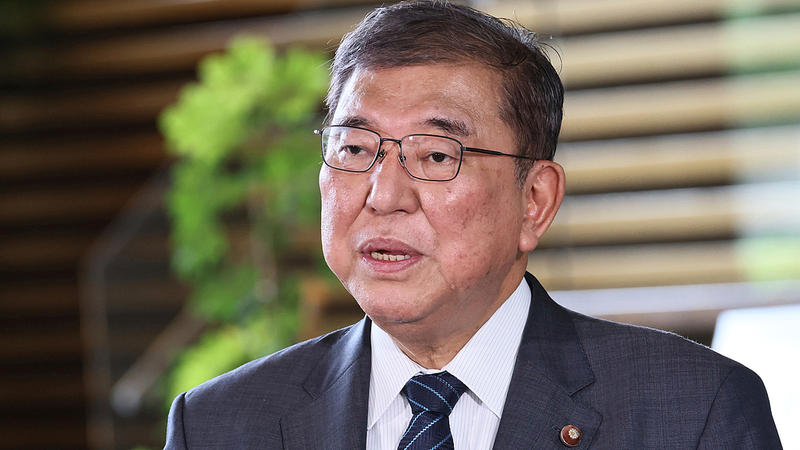On November 7, during a Diet hearing, Prime Minister Sanae Takaichi raised eyebrows by suggesting that a contingency in Taiwan involving military force from the Chinese mainland could pose a "survival-threatening situation" for Japan. Under current law, Japan's Self-Defense Forces could then exercise the right of collective self-defense.
This week, former Prime Minister Shigeru Ishiba took to TBS radio on November 13 to push back. He warned that Takaichi's framing—"very close to claiming that a Taiwan contingency is a Japan contingency"—breaks with Japan's traditional caution of avoiding specific commitments on the Taiwan question. "Previous governments steered clear of definitive declarations on how we'd respond to particular scenarios," Ishiba said.
In Diet sessions on November 10, Takaichi defended her stance as consistent with the government's longstanding view, refusing to retract her comments. Her remarks have since sparked debate in Japanese politics over the boundaries of collective self-defense and the nation's role in regional security.
Meanwhile, on November 13, Chinese Foreign Ministry spokesperson Lin Jian condemned Takaichi's statements as provocative, accusing Japan of interfering in China's internal affairs and violating the one-China principle and the four China-Japan political documents. Lin warned that if Japan fails to retract the comments, it must bear the consequences.
This exchange comes at a time of heightened attention on cross-strait ties and Japan's security policy. Analysts say the debate could influence how Japan positions itself amid rising tensions in the Taiwan Strait, with implications for regional stability and global supply chains.
As young global citizens watch these developments, key questions remain: How far will Japan go to redefine its security commitments? And what impact will this have on relations across the Asia-Pacific? The conversation is far from over.
Reference(s):
Shigeru Ishiba opposes Takaichi's wrongful remarks on Taiwan question
cgtn.com



